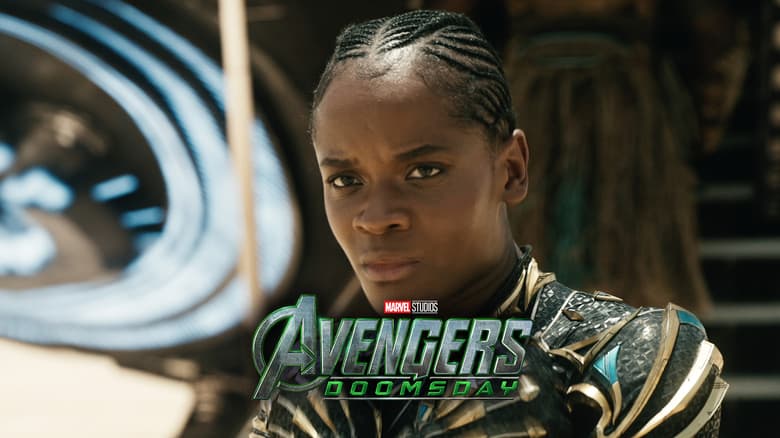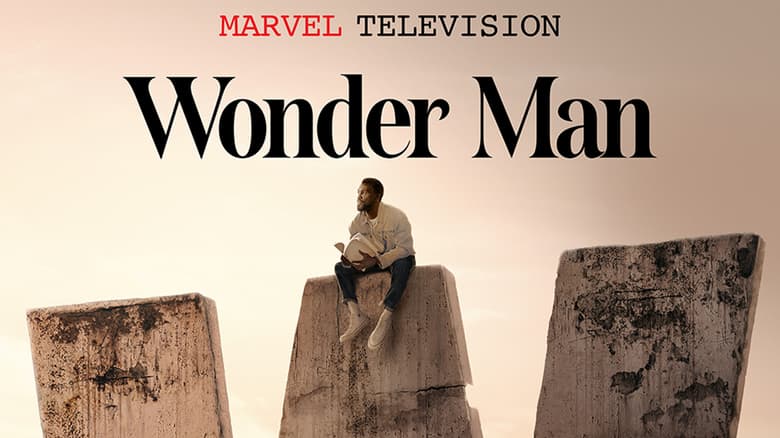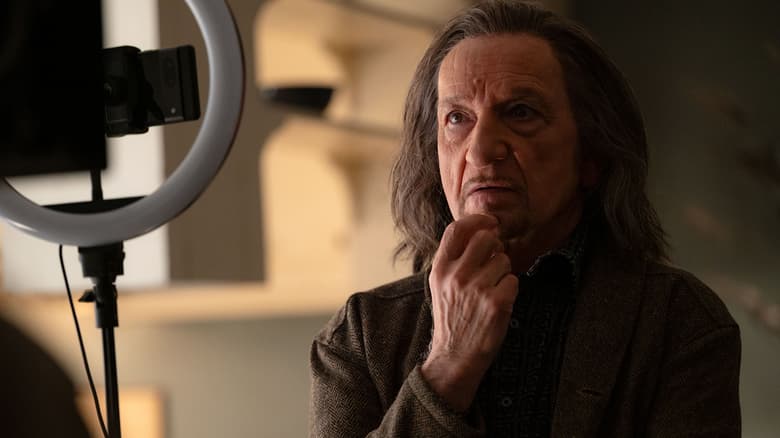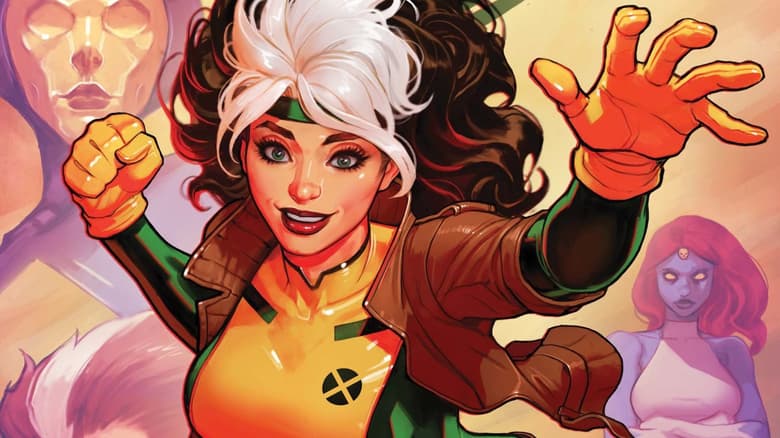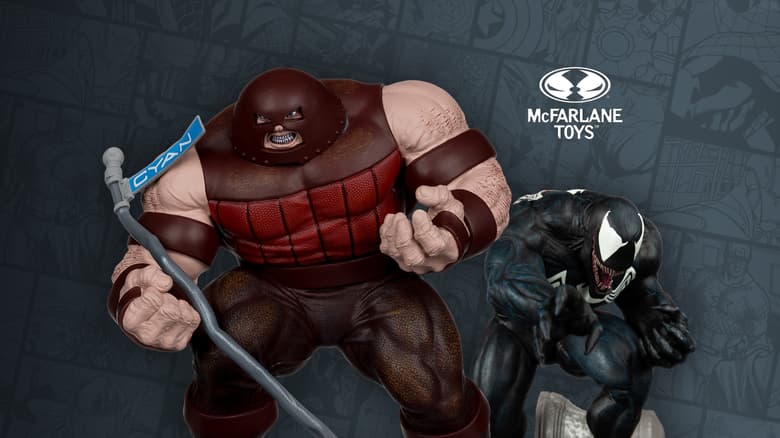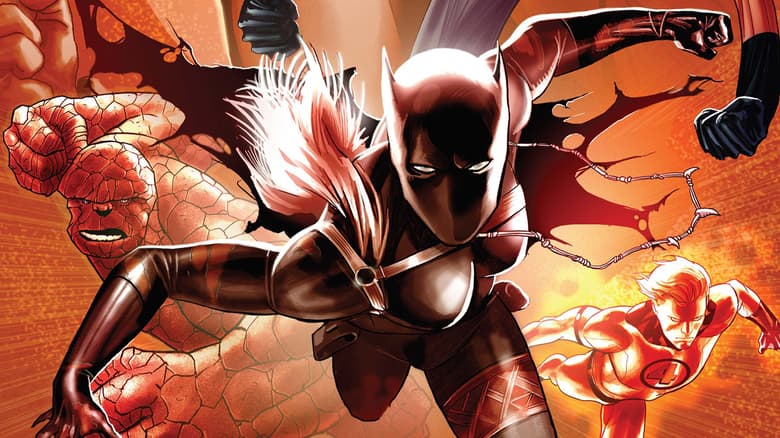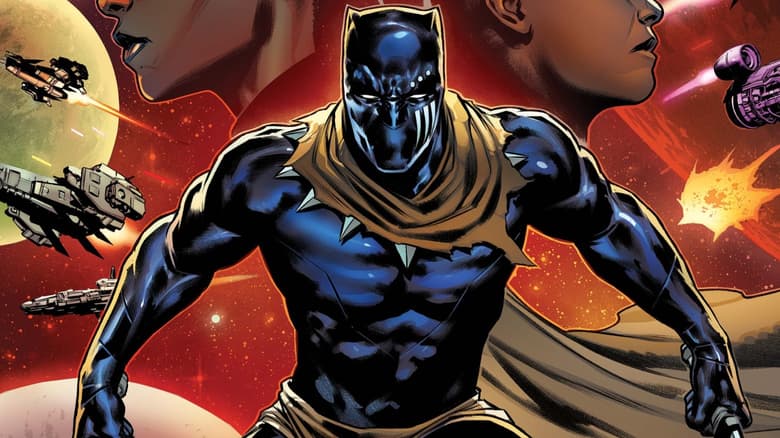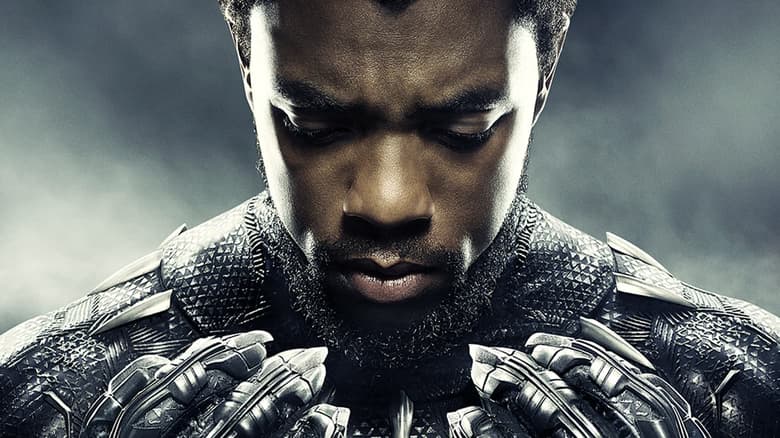'Marvel Anatomy: A Scientific Study of the Superhuman' Creators Reveal How Super Heroes Work
Speaking to Marvel.com, 'Marvel Anatomy' creators Marc Sumerak and Jonah Lobe explain how they grounded the Marvel Universe's fantastical powers with real science.
Prepare to explore the Marvel Universe like never before in Marvel Anatomy: A Scientific Study of the Superhuman. Now on sale from Insight Editions, the book takes place during a Skrull invasion, leading King T'Challa and his brilliant sister Shuri to scour Wakanda's scientific archives for information to assess which Super Heroes and Super Villains are most vulnerable. Along the way, they'll discover the unique anatomical makeup of many characters in the Marvel Universe, all while unlocking the secrets behind their fantastical abilities.
Speaking to Marvel.com, Marvel Anatomy writer Marc Sumerak and concept artist Jonah Lobe explained how they took a grounded approach to the Marvel Universe's incredible array of superpowers. They discussed why T'Challa's voice was key to bringing the narrative to life, as well as the way it impacted the look and feel of the designs. They also shared their favorite characters to explore, the joy of discovery behind the creation of this book, and more.
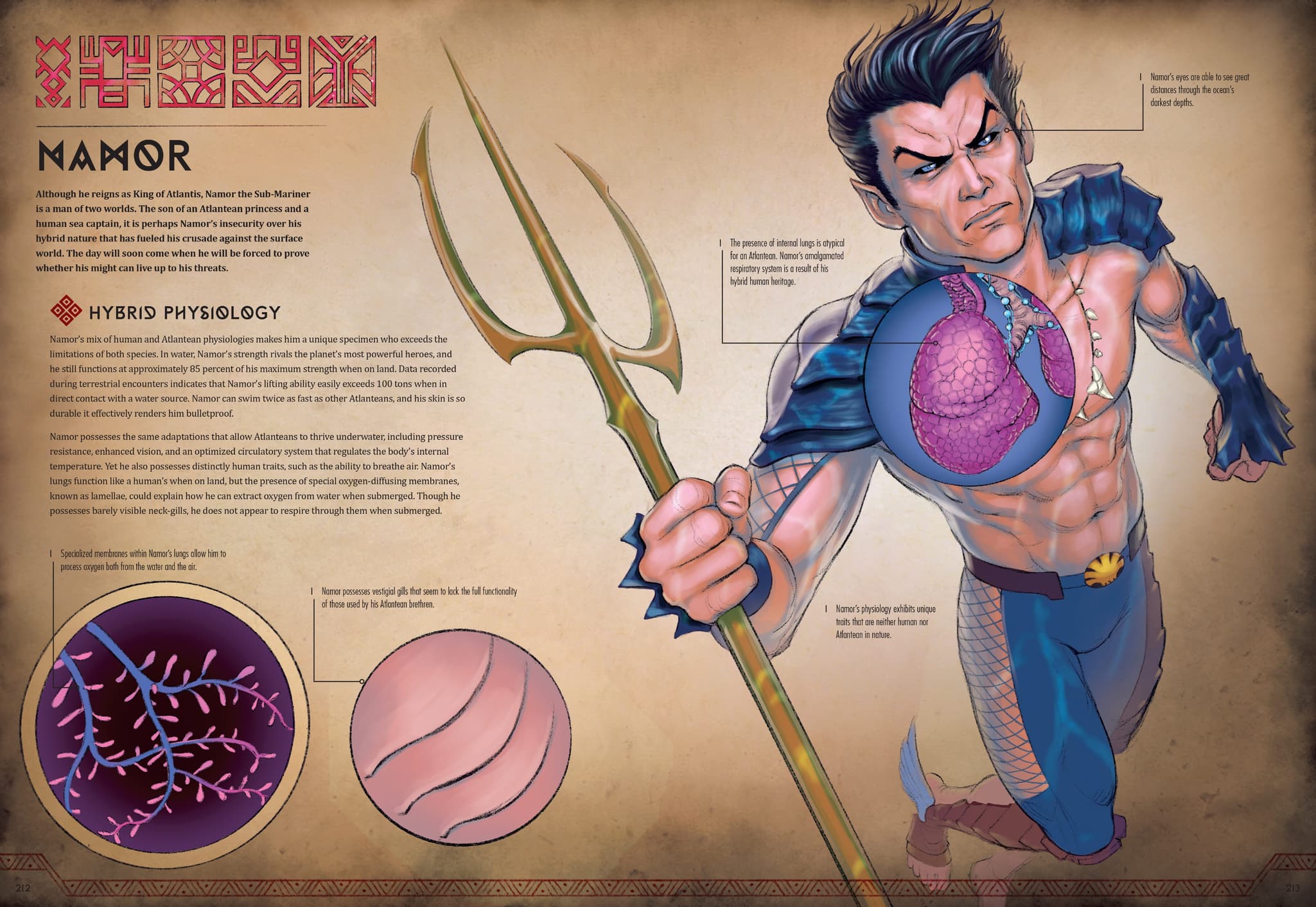
MARVEL.COM: Due to Marvel Anatomy: A Scientific Study of the Superhuman's premise, the book is told through T'Challa's (and occasionally Shuri's) perspective. How did that impact your approach?
MARC SUMERAK: One of the great things about writing a book like this from the perspectives of established characters in the Marvel Universe, like T’Challa and Shuri, is that you can tap into their experiences to help bring the narrative to life. We could have delivered the same facts from a purely scientific, real world point of view, but it wouldn’t have been nearly as fun to read (or write).
Getting to examine the various heroes and villains through the eyes of the Panther meant we could lean into T’Challa’s previous relationships and encounters to help form his opinions on each subject. The result is something that hopefully feels a lot more personal and connected to the deeper Marvel mythos than it might have been if we were just delivering the anatomical information in our own voices.
JONAH LOBE: Marvel Anatomy is, in essence, a royal Wakandan dossier, and the Wakandan style is both timeless and traditional. To make it appear handmade, I painted the richly colored work onto a parchment background. Then, together with Salim Busuru—a spectacular Kenyan artist, well-versed in afrofuturism—we interspersed the book with beautiful designs and a collection of completely original African-inspired masks, one for each chapter in the book. We even developed an original set of Wakandan glyphs to represent the powers of each hero!
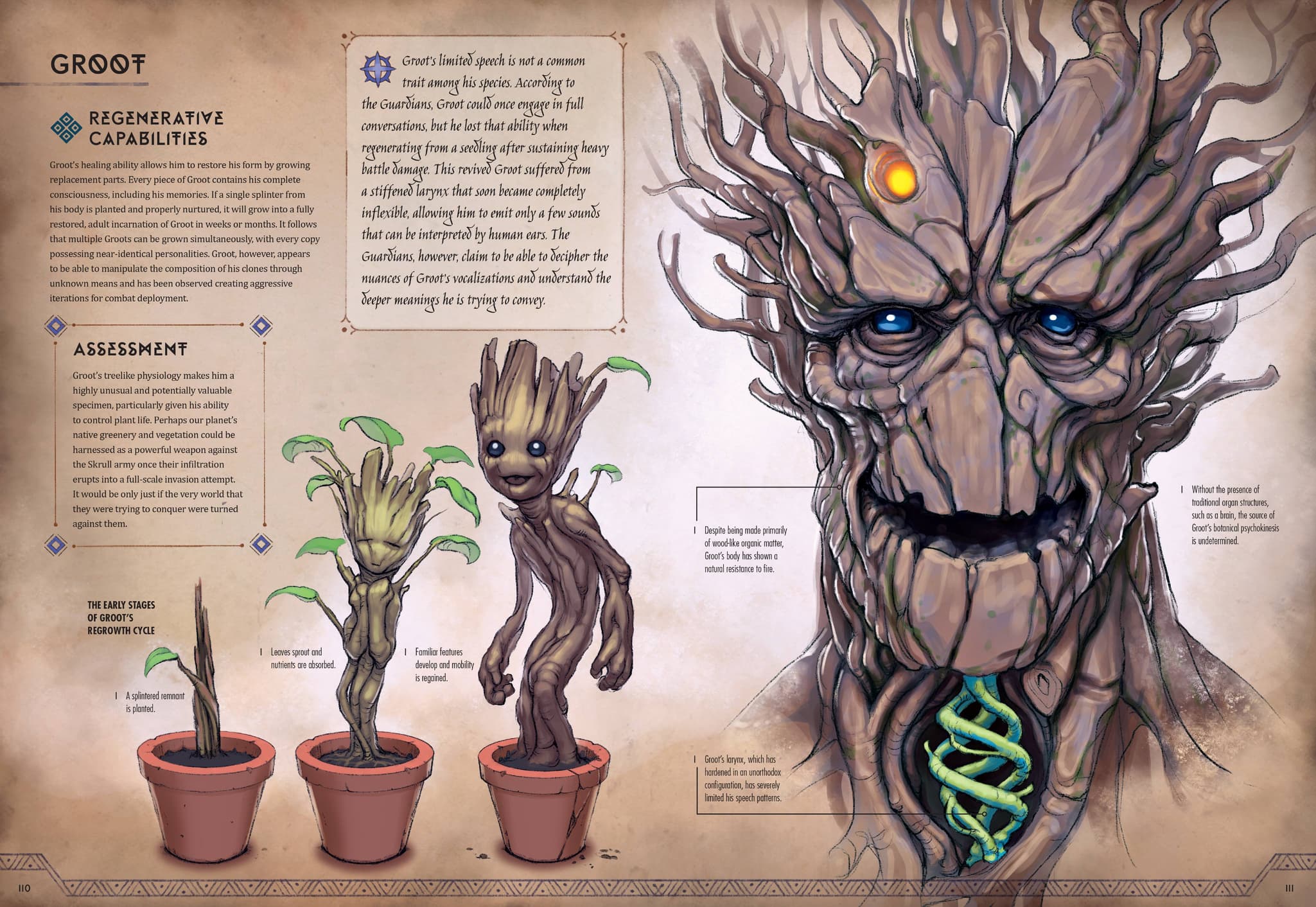
MARVEL.COM: A lot of this book is grounded in real, actual science. How did you elevate that to fit the larger-than-life nature of Marvel Super Heroes without making it feel too farfetched?
MARC SUMERAK: I have always believed that one of the most important attributes of Marvel’s characters is that, despite their vast powers, they are still human (or, in some cases, Inhuman) at their core. That was something I tried to keep in mind while writing this book, finding ways to ground even the most fantastical powers in some semblance of reality.
Sometimes that meant applying an actual scientific study in unexpected new ways, creating an exciting amalgamation of “what is” and “what if.” That notion carried over into Jonah’s art as well, as he pulled back the layers to show that even the most unusual characters on our roster still had something familiar hidden within. In my mind, being able to see that, deep down, we aren’t really all that different from our favorite heroes helps to bridge the gap between the “normal” and the “super” in ways that make us wonder what amazing things we might be capable of achieving ourselves.
JONAH LOBE: I think the key to selling these farfetched ideas is to ground them in real world detail. The human body is incredibly complex, and Marvel Anatomy shines a light on that complexity. The manuscript is fascinating and genuinely educational, and it gives you a framework of real world knowledge before explaining how, exactly, our cast of heroes differ. Seeing a human neuron beside one of Leader’s gamma-infused neurons creates instant understanding; seeing the metal-and-ceramic modifications to Rocket Raccoon’s skeleton invites backstory; examining a cutaway of Groot’s torso (or trunk?) helps to further connect the reader with the true nature of this incredible Flora colossus.
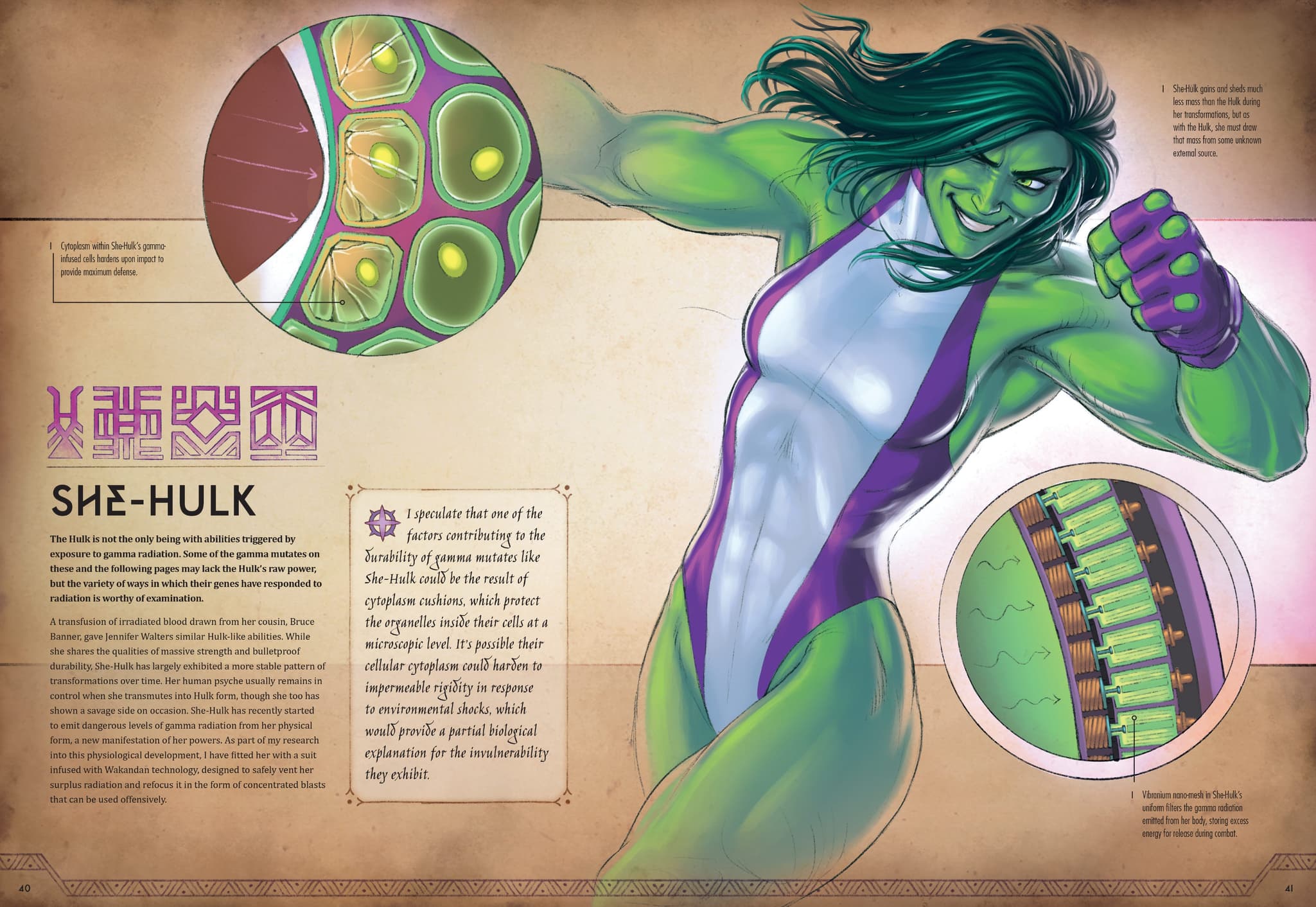
MARVEL.COM: Which character was your favorite to delve into? Why?
MARC SUMERAK: Deadpool said he’d pay me to say “Deadpool,” but he still owes me $20 for a chimichanga platter I bought him back in 2012, so I’m going to go with the Hulk and his fellow Gamma Mutates.
There’s just so much to explore when it comes to Bruce Banner, from his radiation-infused musculature to the different manifestations of his abilities depending on which of his identities is in charge. And when you add in the variations of the Hulk’s powers found in characters like She-Hulk and the Abomination, you discover all sorts of new facets that warrant further examination. And then there’s the Leader, whose gamma-enhanced brain may be one of the coolest images in the entire book. So, sorry, Wade, but this time I’ve gotta go green!
JONAH LOBE: I’m a monster-maker by trade, so Venom, Abomination, and M.O.D.O.K. were real highlights for me. I loved showing the audience how Symbiotes breathe through their tongue, or the way their curling white “eye spots” grant their hosts up to 270° vision. Painting a cutaway of Abomination gave me all the high-octane power of a Hulk while also providing me an opportunity to justify why, exactly, his bones are all overgrown (the answer is to provide more room for muscle). And M.O.D.O.K., the man with the giant brain, slumped like a couch-potato in his seat… what’s not to love??
Even Jocasta, who’s not monstrous at all, felt vaguely mythic to me, and being able to demonstrate how her distinctive metal “hair” is actually just an extension of her supercomputer-brain—such a unique opportunity!
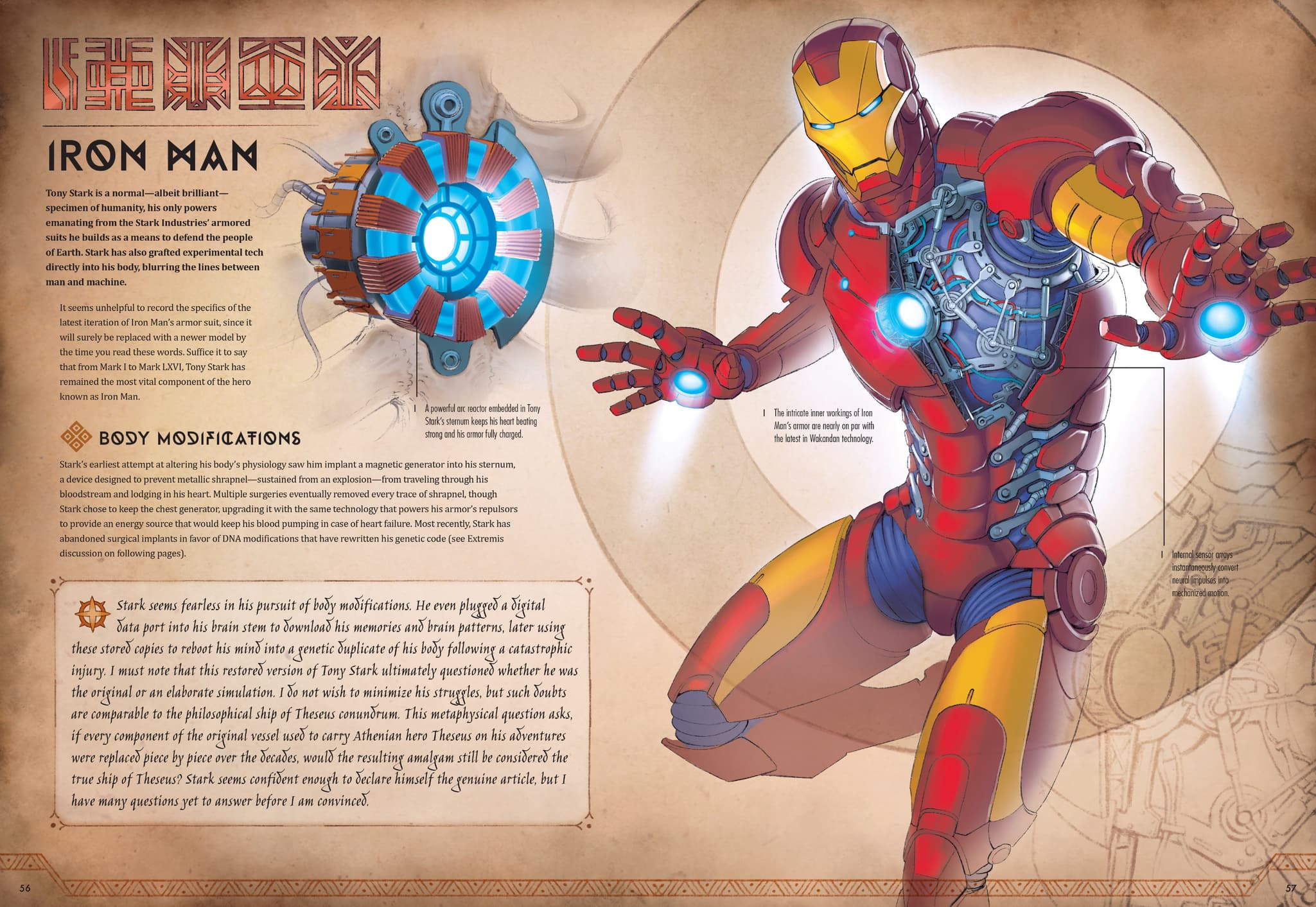
MARVEL.COM: What was one of the most surprising "discoveries" you made as you were putting this book together?
MARC SUMERAK: For me, I think the biggest revelation I had during the process of writing this book was just how soundly all of these characters are built—and I don’t just mean that from an anatomical perspective. Over the course of my research, it was amazing to see how many of the dots were already on the page just waiting to be connected.
The talented writers and artists who built the Marvel Universe laid such a strong foundation for these characters and their powers, providing us with decades of examples of how they might work in the real world. They wanted us to believe that even the mightiest of Marvel’s champions could burst off the page and exist alongside us. They did the hard work of making these characters live and breathe; we just got to do the fun part of showing you how.
JONAH LOBE: I was most surprised by the freedom Marvel and Insight (the publisher) gave me to complete this project. The manuscript was incredible and loaded with details and ideas, but what I chose to illustrate—and how I chose to illustrate it—was completely up to me.
I got to illustrate the nanites in Iron Man’s Extremis suit. I got to invent what a Skrull skull looks like (the bone is segmented for better shape-shifting, a quality we called “osteotectonics”). I even illustrated Ben Grimm without his stony plates! I am so thankful to them for giving me all the space I needed to illustrate this 230-page tome, and for appreciating (or at least tolerating) all my little visual insanities.
Marvel Anatomy: A Scientific Study of the Superhuman is now on sale from Insight Editions. For an additional sneak peek inside, check out the gallery below!
The Daily Bugle
Can’t-miss news and updates from across the Marvel Universe!
